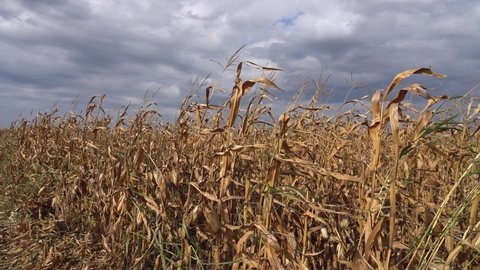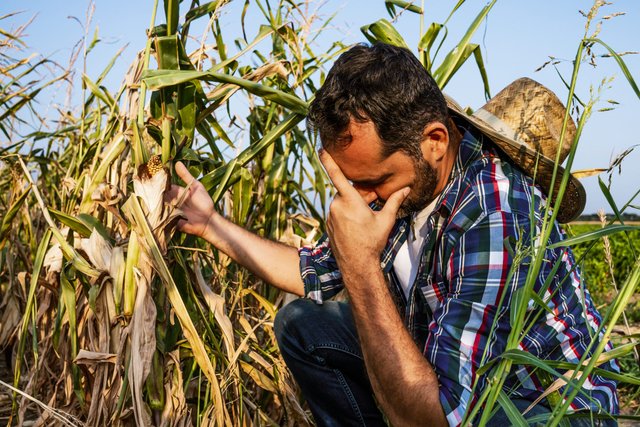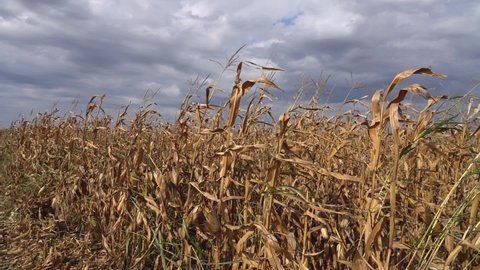To prevent damage to a farm, consider the following measures:
Crop rotation: Rotate crops to avoid depleting soil nutrients and to reduce pest and disease buildup.
Soil conservation: Implement techniques like contour farming, terracing, and cover cropping to prevent soil erosion.
Irrigation management: Use efficient irrigation systems and avoid overwatering, which can lead to waterlogged soil and root damage.
Pest and disease management: Use integrated pest management (IPM) techniques, like introducing beneficial insects, practicing good sanitation, and applying targeted pesticides.
Weather protection: Install windbreaks, use row covers, and implement other measures to protect crops from extreme weather conditions.
Equipment maintenance: Regularly maintain farm equipment to prevent accidents and ensure efficient operation.
Farm waste management: Properly dispose of farm waste, like manure and chemicals, to prevent environmental pollution.
Boundary protection: Establish clear boundaries and fencing to prevent trespassing and livestock encroachment.
Regular inspections: Regularly inspect fields, equipment, and storage areas to identify potential issues before they become major problems.
Record keeping: Maintain accurate records of farm activities, weather patterns, and crop performance to inform future decision-making.
Training and education: Stay up-to-date with the latest farming techniques, technologies, and best practices through training and education.
Emergency preparedness: Develop a plan for emergency situations like natural disasters, fires, or equipment failures.
By implementing these measures, you can help prevent damage to your farm and ensure a productive and sustainable agricultural operation.


